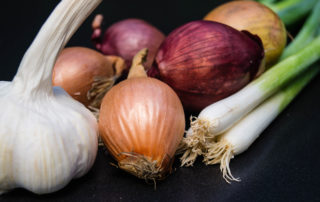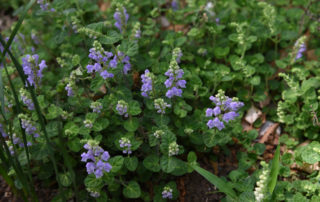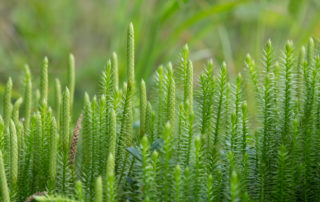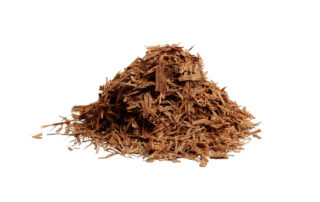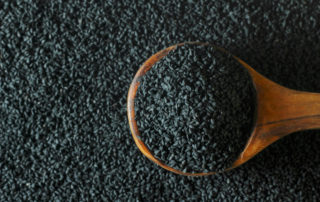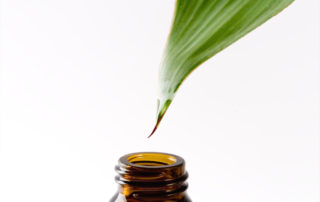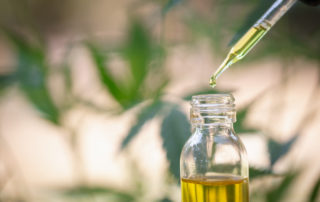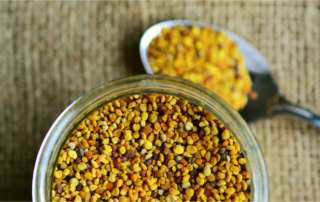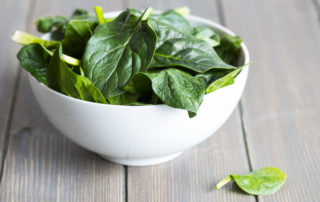Lowering Glutamate | Cysteine
Cysteine- Reduces excess glutamate. Found in oats, broccoli, red pepper, onion, banana, garlic and will become an antioxidant when converted to glutathione. The body converts the supplement NAC to cysteine. “If you take NAC, you’re giving your body an efficient way to soak up excess glutamate, and reducing oxidative stress and inflammation over time by giving it glutathione. As a result, this helps alleviate a number of different mental health issues.” http://www.optimallivingdynamics.com/blog/the-powerful-antioxidant-proven-to-treat-6-mental-illnesses

